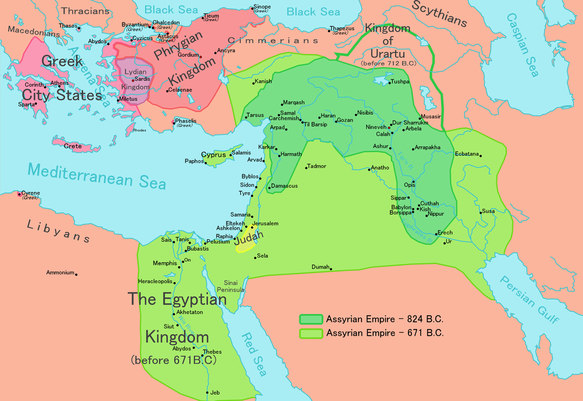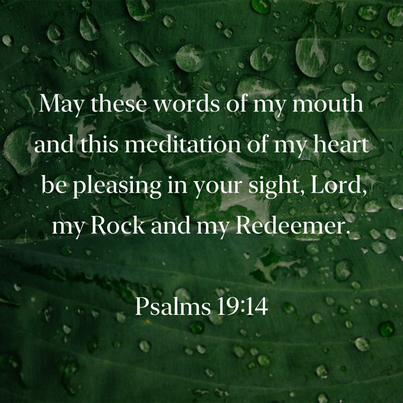|
Good morning!
We're so glad that you decided to join us for Sunday School today!
When we met in person, we shared our joys and concerns together. Consider the past week. What joys or concerns do you have? This might be for our world, our friends and loved ones, or ourselves. If you would like to share, you can comment on the Sunday School lesson. When you are ready, use the prayer below:
Ah, Lord God,
Holy Lover of my soul, when you come into my soul, all that is within me will rejoice. You are my glory and the exultation of my heart. You are my hope and refuge in the day of my trouble. Set me free from all evil passions, and heal my heart of all inordinate affections, cure and cleanse me within, that I may be made fit to love, courageous to suffer, steady to persevere. Nothing is sweeter than love, nothing more courageous, nothing fuller nor better in heaven and earth; because love is born of God, and cannot rest but in God, above all created things. Let me love you more than myself, and love myself except for you, and in you all that truly love you, as the law of love commands, shining out from yourself. Amen.
Today's lesson is on Isaiah 29:13-24.
Lesson Context
Isaiah was a prophet from about 740 - 681 BC. During that time, Assyria, was the region's sole superpower. The goal was to conquer Egypt. The map above shows the Assyrian Empire about 100 years before the time of Isaiah, and about ten years after. Judah and Israel were directly in the path of expansion. Isaiah's prophecies coincided with the Assyrian captivity. Assyria conquered the northern kingdom of Israel in in 722 BC. Lesson When I read the scripture lesson, the end of verse 13 really stuck out to me:
"Their worship of me is based on merely human rules they have been taught."
It made me think of the people who go through the motions of attending church out of habit. I've heard them described as pew-sitters. This was a problem in the Old Testament, and it continues to be a problem today.
Isaiah's prophecies in today's passage go on to tell what God will do to bring his people back to him. These are things that will return the people to awe in their creator. Lebanon was known for its forests. But God will turn it into something completely different, but still useful. The deaf will hear, and the blind will see. This is still miraculous today! Our book also points out that this is not just physical, but spiritual. God's words will be so accessible to the people that even the deaf and blind will hear and read the book. Further, the oppressed will be saved. God will judge the purveyors of injustice. Seeing and experiencing all of these wonderful things, the works of God's hands, will bring the people back. They will be in awe of God. Then, they will be willing to accept instruction.
That God would work to bring his people back to him was meant as hope for the people at the time of Isaiah. We can have hope because this is still the case. Jesus came to us for just this reason. All of our restoration was precipitated by God's unilateral act of mercy.
However, we also need to put in some effort. Our book says that God feels the coldness of the worship of people who do so out of habit. He sees the unjust actions, and poor ways we treat other people. While we are saved by grace alone, we demonstrate our faith in our actions (James 2:14-20). These actions should be driven by love, and the desire to do what we are directed to do. When I first became an elder, I went to Leaderfest, and heard a speaker talking about the same ideas as this lesson opened with. The pew-sitters. The people who come to church on Sunday morning, but are otherwise uninvolved in their faith. We talked about the gifts of the spirit (1 Corinthians 12). Finding these gifts in ourselves can help to put our faith into action. I believe that being able to use those gifts can turn work into an act of worship, one that will ultimately help bring us closer to God.
Prayer
Father, we are ever capable of straying from you! May our worship and service to you never find us lacking in devotion. Renew our hearts today so that the unbelieving world can see Christ in us. In Jesus' name we pray. Amen.
Benediction
Today's benediction is from the New International Version.
Next week's lesson will be on Jeremiah 38:14-23.
0 Comments
Leave a Reply. |
AuthorWe are a small, rural Presbyterian church in southwestern Pennsylvania. Archives
July 2024
Categories
All
|




 RSS Feed
RSS Feed